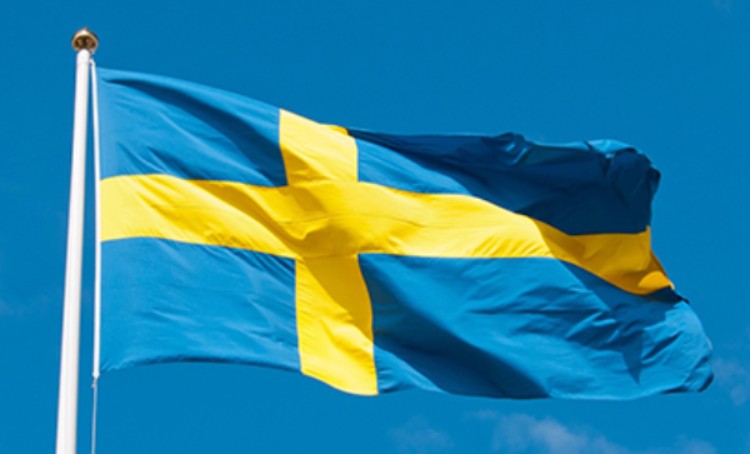Sweden extends COVID entry ban

The Swedish Government decided today to extend the general entry ban, and that the requirement of a negative COVID-19 test will remain in effect for entry from all countries.
At the same time, the separate entry restrictions on travel from Denmark and Norway will be lifted. The entry ban has been extended until 31 May. The amendments apply from 31 March.
“The purpose of extending the general entry ban is to continue to prevent the spread of COVID-19 and more people in Sweden from falling ill. In light of the thorough analysis conducted by the Public Health Agency of Sweden, we consider that the particularly strict restrictions that have applied to travel from Norway and Denmark can be lifted without potentially increasing the risk of infection,” says Minister for Home Affairs Mikael Damberg.
The general ban on entry to Sweden remains in place. Only people who qualify for an exemption and can present a negative COVID-19 test result are allowed to enter Sweden from countries outside the European Economic Area (EEA).
People travelling from an EEA country are allowed to enter Sweden if they can present a negative COVID-19 test result upon arrival.
The requirement of a negative COVID-19 test result applies to travel from all countries and to all foreign citizens aged 18 and over, with certain exceptions.
The separate entry restrictions that apply for travel from Denmark, Norway and the UK will be lifted on 31 March.
After 31 March, Denmark and Norway will be subject to the same rules that apply to other EEA countries, and the UK to the same rules as other countries outside the EEA.
As a result of the amendments, Danes and Norwegians can travel to their holiday homes in Sweden, families living on different sides of the border can meet in Sweden, and people who need to transit through Sweden by road can do so, as long as they can present a negative COVID-19 test result upon arrival.
For travel to Sweden from Denmark and Norway, the requirement of a negative COVID-19 test result still applies, but the previous additional requirement of belonging to a category of people who are exempt has been lifted.
As previously, a negative test result must not be more than 48 hours old, but commuters will be able to use test results that are no older than seven days.
This relaxation of the test requirement has been expanded through the government’s decision today to also apply to people who regularly cross the border to study in Sweden.
As previously, the requirement to present a negative test result does not apply to certain categories of people arriving in Sweden; these include Swedish citizens and people living in Sweden, children under the age of 18 and transport workers.
The current entry restrictions on travel from the UK to Sweden apply until 31 March.
After 31 March, travel from the UK will no longer be regulated separately; instead the general entry ban will apply.
Now that the Brexit transition period has come to an end, the UK is a ‘third country’ and, according to EU recommendations, entry from the UK should be regulated in the same way as entry from other third countries.
As previously, only people who qualify for an exemption and can present a negative COVID-19 test result are allowed to enter Sweden from the UK. The exemptions differ slightly but most are the same as those that currently apply.
Swedish Government

